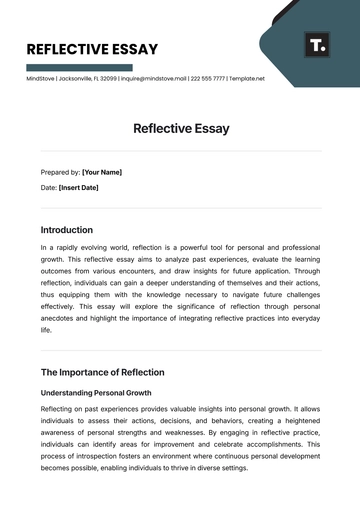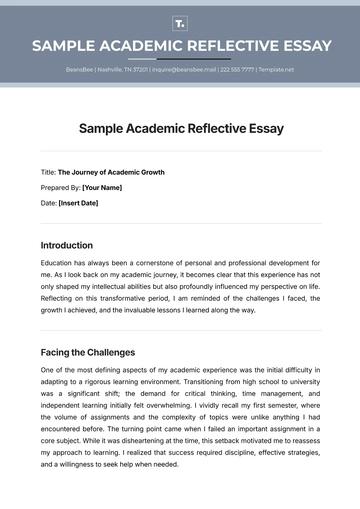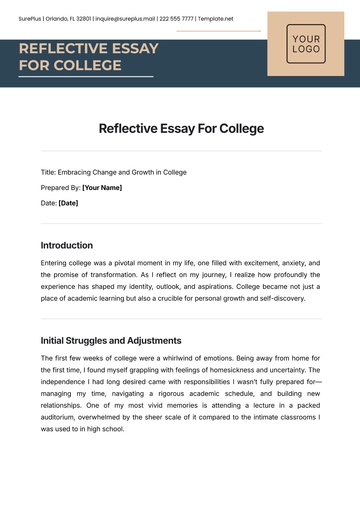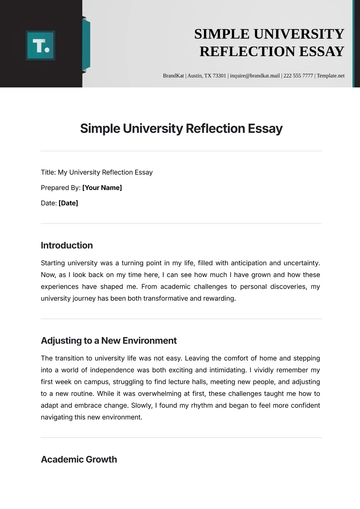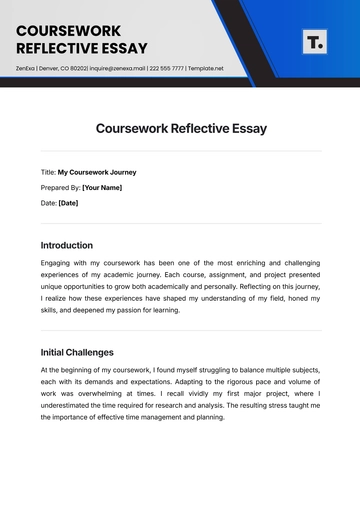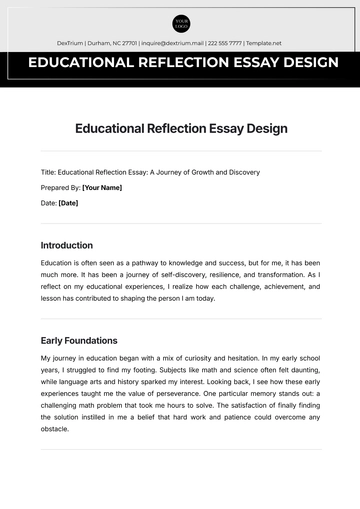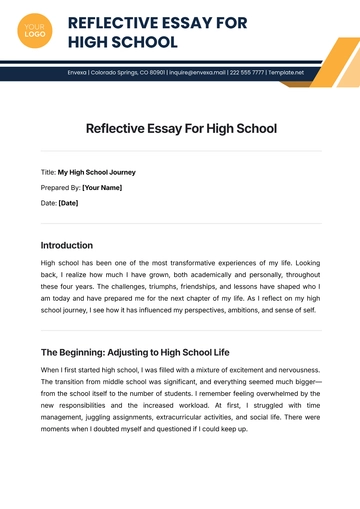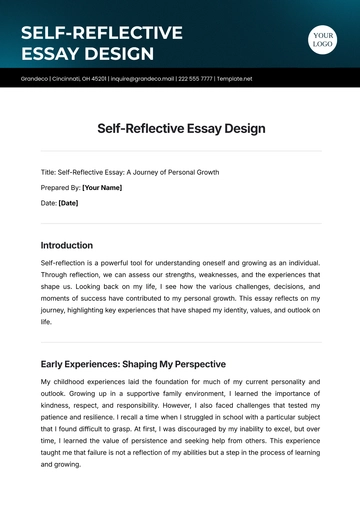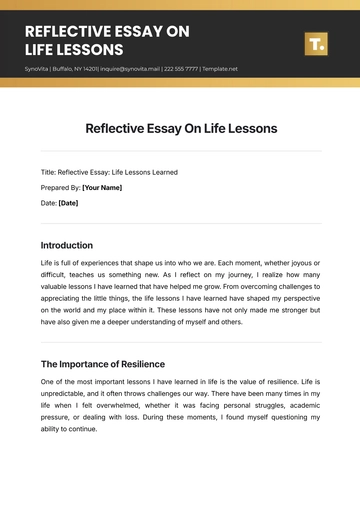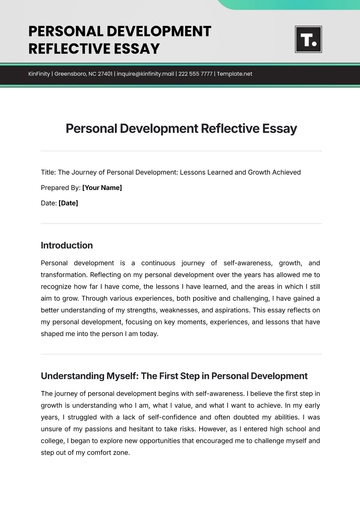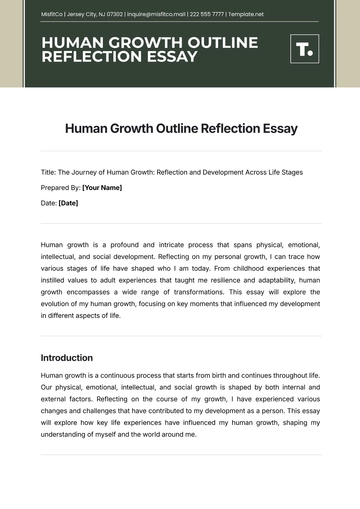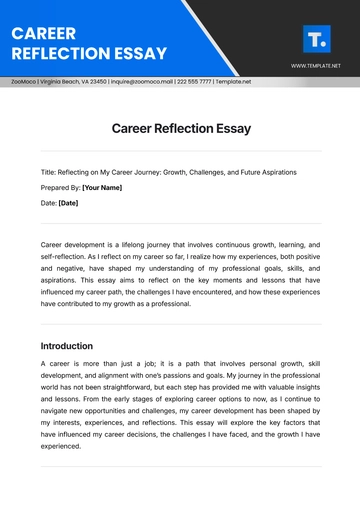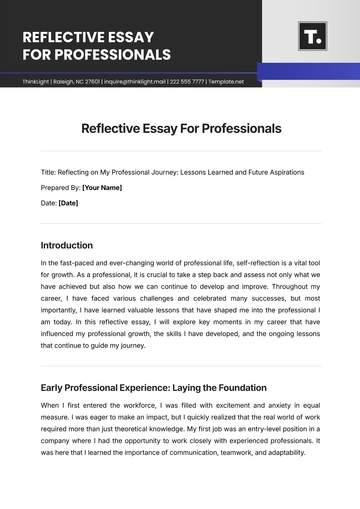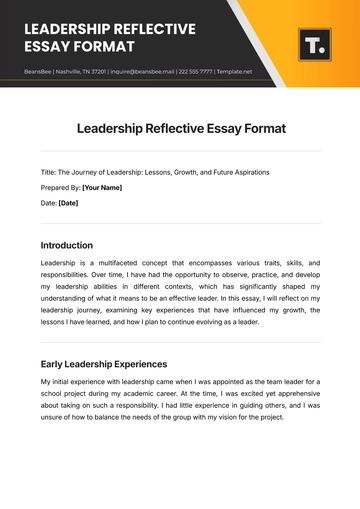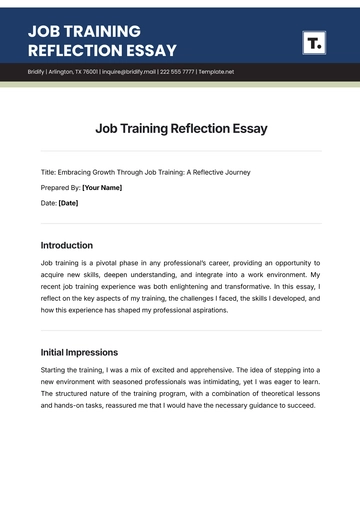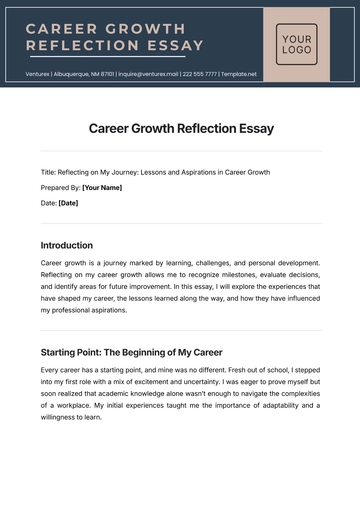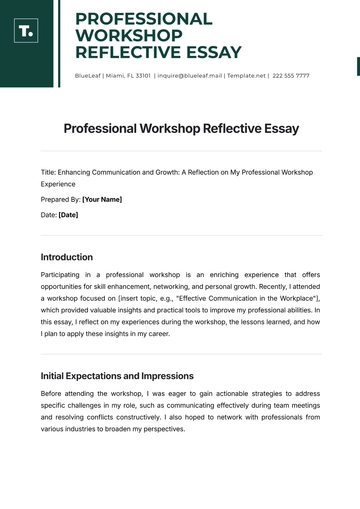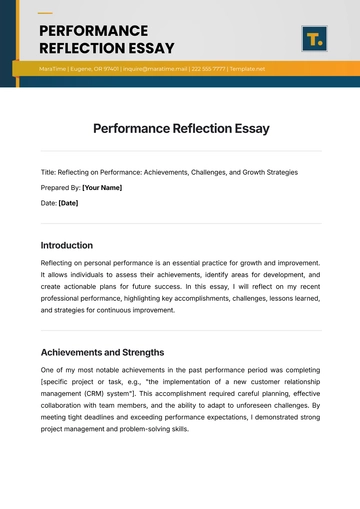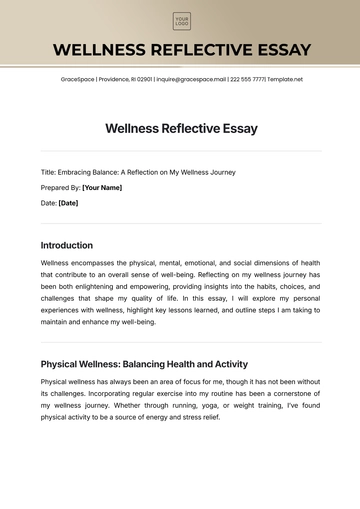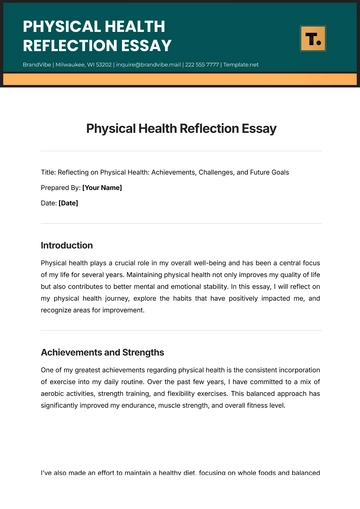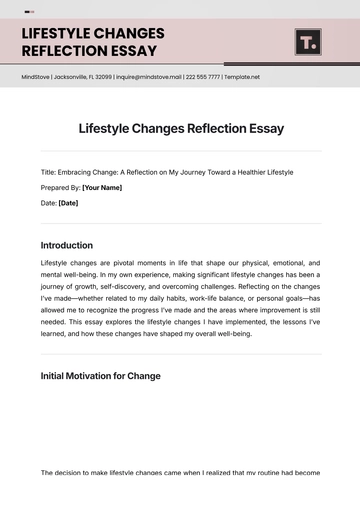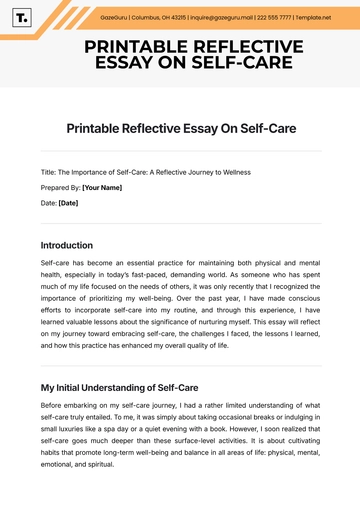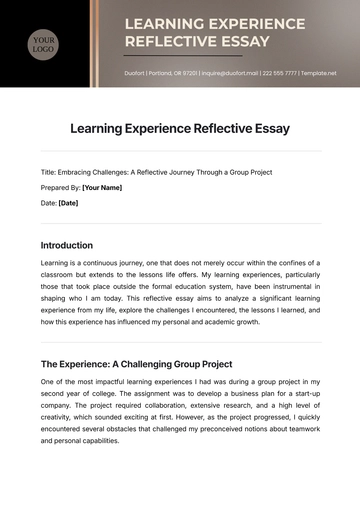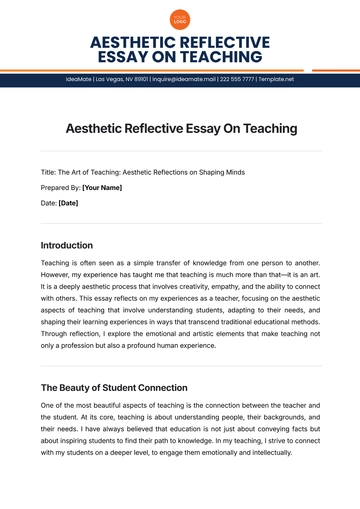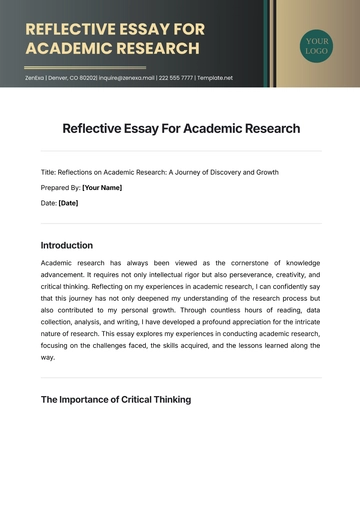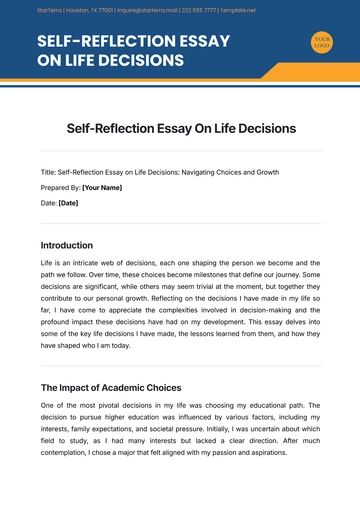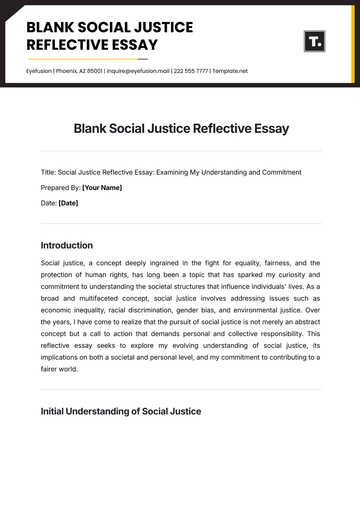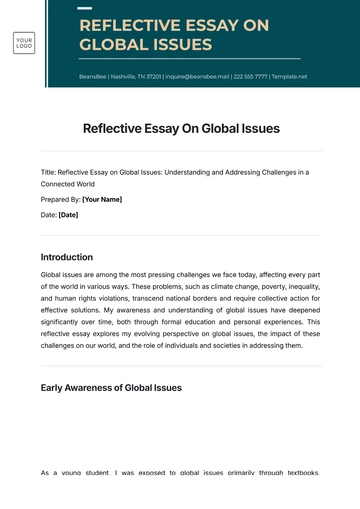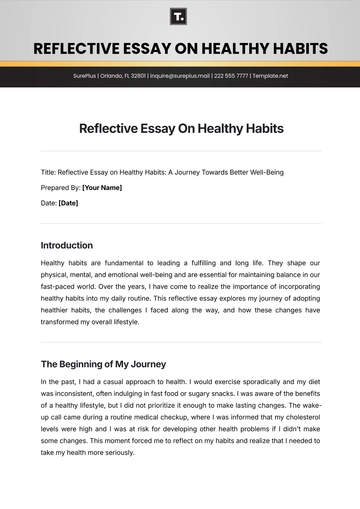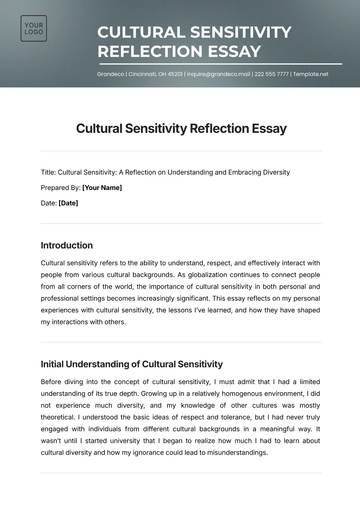Free Academic Time-Management Essay
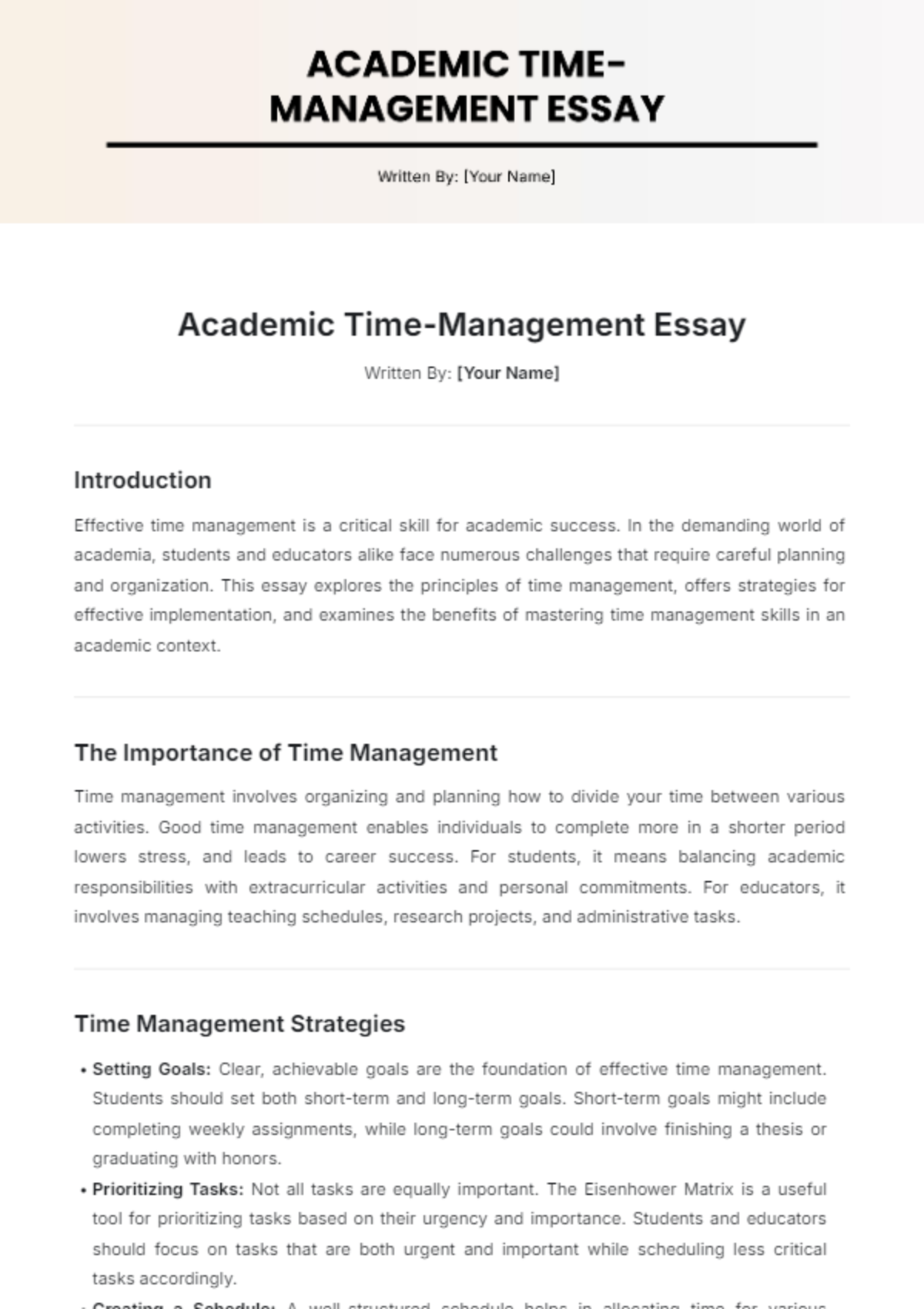
Written By: [Your Name]
Introduction
Effective time management is a critical skill for academic success. In the demanding world of academia, students and educators alike face numerous challenges that require careful planning and organization. This essay explores the principles of time management, offers strategies for effective implementation, and examines the benefits of mastering time management skills in an academic context.
The Importance of Time Management
Time management involves organizing and planning how to divide your time between various activities. Good time management enables individuals to complete more in a shorter period lowers stress, and leads to career success. For students, it means balancing academic responsibilities with extracurricular activities and personal commitments. For educators, it involves managing teaching schedules, research projects, and administrative tasks.
Time Management Strategies
Setting Goals: Clear, achievable goals are the foundation of effective time management. Students should set both short-term and long-term goals. Short-term goals might include completing weekly assignments, while long-term goals could involve finishing a thesis or graduating with honors.
Prioritizing Tasks: Not all tasks are equally important. The Eisenhower Matrix is a useful tool for prioritizing tasks based on their urgency and importance. Students and educators should focus on tasks that are both urgent and important while scheduling less critical tasks accordingly.
Creating a Schedule: A well-structured schedule helps in allocating time for various activities. Utilizing tools such as calendars, planners, or digital apps can help in mapping out deadlines, class schedules, study sessions, and personal commitments.
Avoiding Procrastination: Procrastination is a common challenge in time management. Strategies to overcome procrastination include breaking tasks into smaller, manageable parts, setting deadlines, and using techniques like the Pomodoro Technique, which involves working in focused intervals with short breaks.
Utilizing Time Management Tools: Various tools and technologies can aid in time management. Apps such as Trello, Asana, and Google Calendar can help in organizing tasks, setting reminders, and tracking progress.
Benefits of Effective Time Management
Increased Productivity: Effective time management allows individuals to accomplish more in less time, which is crucial for managing academic workloads and achieving goals.
Reduced Stress: By planning and prioritizing tasks, individuals can avoid last-minute cramming and meet deadlines with less stress.
Improved Academic Performance: Students who manage their time well are better able to prepare for exams, complete assignments on time, and participate in academic activities, leading to improved grades and overall performance.
Enhanced Life Balance: Good time management enables individuals to balance academic responsibilities with personal life, leading to a more fulfilling and less stressful academic experience.
Conclusion
Mastering time management is essential for academic success. By setting clear goals, prioritizing tasks, creating schedules, avoiding procrastination, and utilizing time management tools, students and educators can enhance their productivity, reduce stress, and achieve their academic and professional goals. Embracing these strategies not only improves academic performance but also contributes to overall personal development and well-being.
- 100% Customizable, free editor
- Access 1 Million+ Templates, photo’s & graphics
- Download or share as a template
- Click and replace photos, graphics, text, backgrounds
- Resize, crop, AI write & more
- Access advanced editor
Elevate your academic writing with our Academic Time-Management Essay Template from Template.net. This editable and customizable template is designed to streamline your essay writing process, helping you manage your time effectively. Easily modify the structure and content to fit your specific needs using our AI Editor Tool, ensuring your essay is both personalized and professionally presented.
